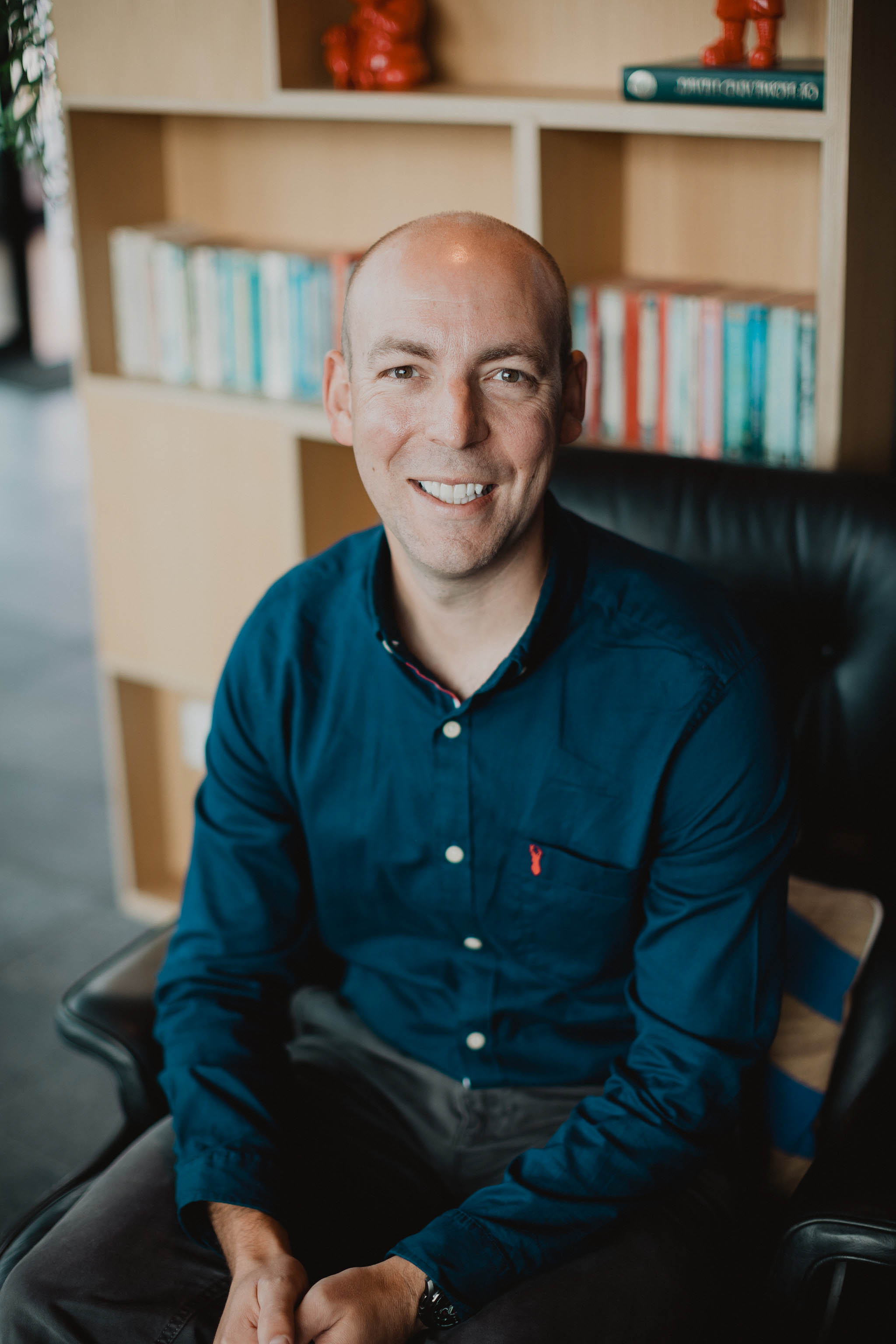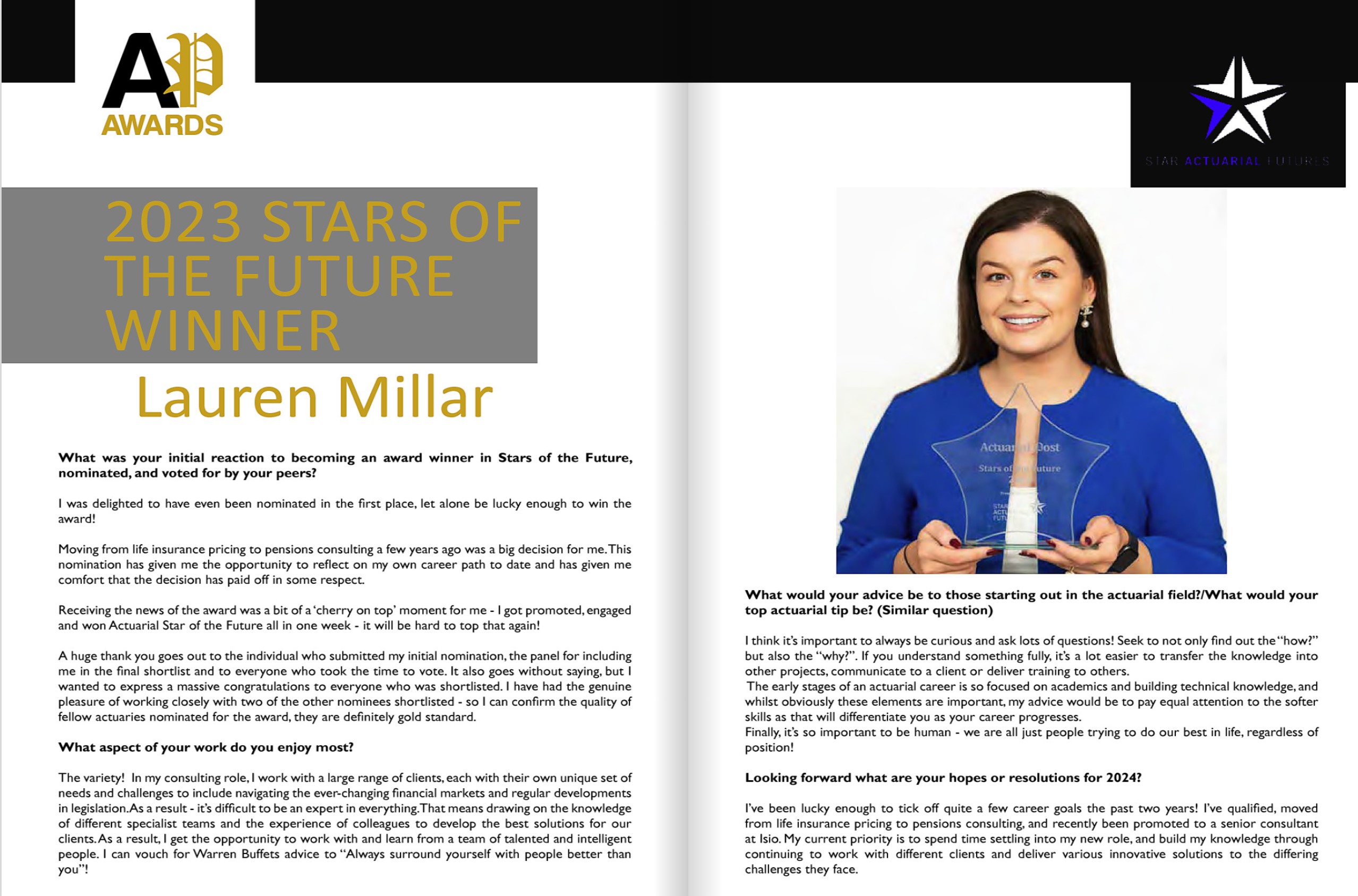Mastering Interviews: Seven Phrases to Avoid and What to Say Instead
05 Feb, 20243 minsInterviews are nervous occasions; everyone suffers from butterflies heading to an interview,...

Interviews are nervous occasions; everyone suffers from butterflies heading to an interview, regardless of how much experience they have.
Below I share seven short sentences that people often say in an interview that I think are best avoided. Feel free to comment below any others that you’ve heard and how you think could be improved too.
- Avoid: “I’m a bit nervous.”
Instead try: “I’ve been looking forward to this all week.”
It’s a stronger opener and reframes your mind in a better way. The first way to stop being nervous is to prepare fully and tell yourself that you’re looking forward to it. Reframe the narrative.
- Avoid: “Does that answer the question?”
Instead try: “Would you like me to elaborate a bit more on that, or is that ok?”
This is a subtle difference between a passive aggressive approach, where it could be conceived that you’re challenging them or being a defensive, to an open approach. You’re happy to stop, but also asking if they’d like you to provide further detail.
- Avoid: “I don’t have an answer for that at the moment.”
Instead try: “Would you mind if we come back to that one please? Let my mind think about that in the background”.
Everyone gets flummoxed from time to time, and sometimes we all need a bit more time. Chances are you do have an answer, you just haven’t had a chance to think about it enough. This stalls for time, whilst not ignoring the question. It looks even stronger if you bring the question back up later on in the interview too.
If you genuinely don’t know an answer by the time it comes back around, be honest about it and talk instead about how you’d find the answer out.
- Avoid: “I left my previous job because I didn’t like X, Y, Z.”
Instead try: “I’m looking forward to the opportunities and possibilities of …… from this role. I’m excited by your…..”
Try not to be negative about a previous employer. We often leave a previous role because we have found (or are looking for) one that better fits our needs, but it’s not a good look to be seen moaning and whining, regardless of the reasons for leaving. Focus on the positives of new opportunities.
- Avoid: “When will I be hearing back?”
Instead try: “I’m looking forward to hearing your feedback, and hopefully we get a chance to meet again.”
This way it doesn’t show any presumption on your part, you’re not being needy and are instead being humble, whilst letting them know that you’re keen to continue.
- Avoid: "I don't have any weaknesses."
Instead try: "I feel I’m a strong candidate with good skillset. However, I’m always trying to improve and keep up to date, I recognise the importance of continuous improvement. One area I've been working on is ……. to improve/enhance ………."
Everybody has weaknesses and areas they could improve, be humble enough to recognise that and look for something you can improve.
If you genuinely believe you don’t have any weaknesses, how about exploring wider areas around your field or reading books by experts from your industry?
- Avoid: "I'm a perfectionist."
Instead try: "I am detail-oriented and value precision. However, I understand the importance of balancing perfectionism with efficiency to meet deadlines and deliver high-quality work."
We’d all like to be perfect and accurate, (particularly Actuaries). However, sometimes that can be a hindrance, especially when up against tight deadlines. It’s important that you get across that your standards are high, but that you also recognise it’s a balancing act sometimes.
This was just a short list of seven, there are of course many more. As an actuarial recruitment expert with a wealth of experience, I understand the nuances of the interview process and the impact that the right words can have on your chances of success. Within my role I provide interview preparation services. Knowing that you have answers for the tricky questions prepared already and that you’ve discussed areas such as the above, helps boost confidence, allows you to perform better in the interview, and ultimately increases your chances of success.
Good recruitment is more than just sending in a CV. Let me know if I can help you.
Peter Sansom AIA CMgr
e: peter.sansom@staractuarial.com
t: +44 (0)7510 385604



